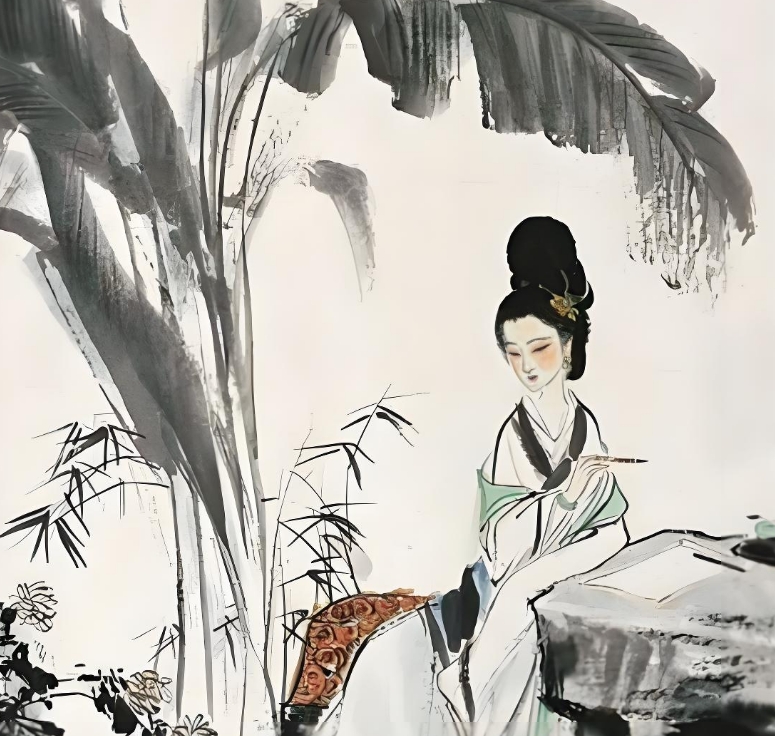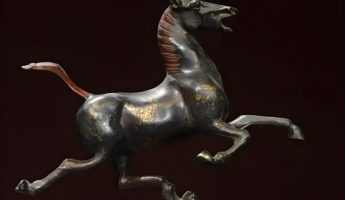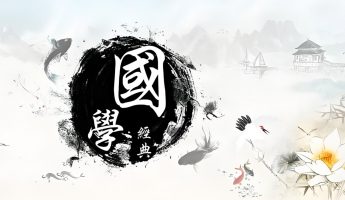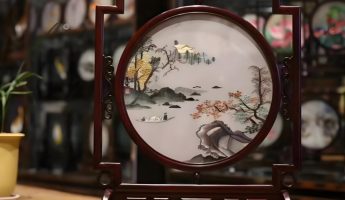Li Qingzhao, a female poet of the Song Dynasty, was known as “Yi’an Jushi”. Born in Jinan in 1084 AD. She is a representative of the Song Dynasty’s graceful and elegant ci school, known as the “most talented woman of all time”. As a woman living in the feudal era, Li Qingzhao not only stood out among tens of thousands of ancient Chinese sages and became a symbol of Chinese culture, but also gained worldwide recognition. In 1987, the International Astronomical Society named the first group of craters on Mercury. Fifteen craters were named after the Chinese, one of which was named Li Qingzhao.
Li Qingzhao comes from a scholarly family. Although he lives in a secluded place, he has a unique sense of freedom and personality that sets him apart from ordinary people. Li Qingzhao, who grew up in a strong literary atmosphere, showed remarkable literary talent in his teenage years. At the age of sixteen, he wrote the famous poem “Dreaming Like a Dream” – “I often remember the sunset at the Xiting Pavilion, lost in thought and not knowing where to go back. After waking up late, I returned to the boat and wandered into the depths of lotus flowers. Crossing the river, crossing the river, startled a beach of gulls and herons

In 1101 AD, under the arrangement of his family, Li Qingzhao married Zhao Mingcheng, who was of similar social status. After marriage, Li Qingzhao discovered that the two unexpectedly shared similar interests. So in the time they spent together afterwards, the two of them were also harmonious and affectionate. Zhao Mingcheng often goes on study trips to other places, while Li Qingzhao deeply misses her husband who is traveling far away. During the Double Ninth Festival, Li Qingzhao wrote “Drunken Flower Yin” and sent it to her husband to express his longing.
Starting from 1102 AD, which was the second year after Li Qingzhao married Zhao Mingcheng, political turmoil and family changes never let Li Qingzhao’s life slip away. Firstly, his father Li Gefei was listed as a member of the Yuan You Party, and the couple was forced to separate. Afterwards, with the dismissal and death of Zhao Tingzhi, the father of Zhao Mingcheng, the members of the Zhao family were imprisoned and deprived of their titles. Since 1107, Li Qingzhao and Zhao Mingcheng have been living in seclusion in Qingzhou, Shandong for fourteen years.
In 1127, the Jin Dynasty invaded and Zhao Mingcheng went south to mourn his mother. 44 year old Li Qingzhao escorted 15 carts of books and utensils to Jiangning to seek refuge with Zhao Mingcheng. Li Qingzhao, who climbed the city and looked into the distance, wrote poems such as “When I came south, I was still afraid of the cold Wujiang River, but when I went north, I was sad and the water was cold” and “When I crossed the south, I was a young guide in clothing and clothing, but when I came north, I owed Liu Kun news”, mocking Emperor Gaozong of Song for compromising and surrendering, and speaking in a conciliatory manner. In 1129, Zhao Mingcheng withdrew from guarding Jiangning and abandoned the city to flee. When the ship arrived at the Wujiang River, Li Qingzhao felt a sense of desolation in his heart, lamenting that the country was not a nation. He wrote a poem called “Summer Quatrains”, which was written word for word and sentence to his heart – “Born as a talented person, died as a ghost hero, still thinking of Xiang Yu, unwilling to cross the east of the river
Six months later, Zhao Mingcheng suddenly passed away due to overwork. Li Qingzhao had to support his sick body, take care of his affairs, and continue to transfer tens of thousands of precious cultural relics and classics in the wind and rain.
In 1133, plagued by illness, she still held her homeland in her heart and wrote in desolation, ‘I want to send my blood and tears to the mountains and rivers, to sprinkle a handful of soil on Dongshan.’. She showed us a fragile and devoted woman, reciting the wind and moon, who remained steadfast and unyielding even after experiencing disasters and misfortunes such as family decline, loss of country and husband, encountering unkind people, and being imprisoned.



